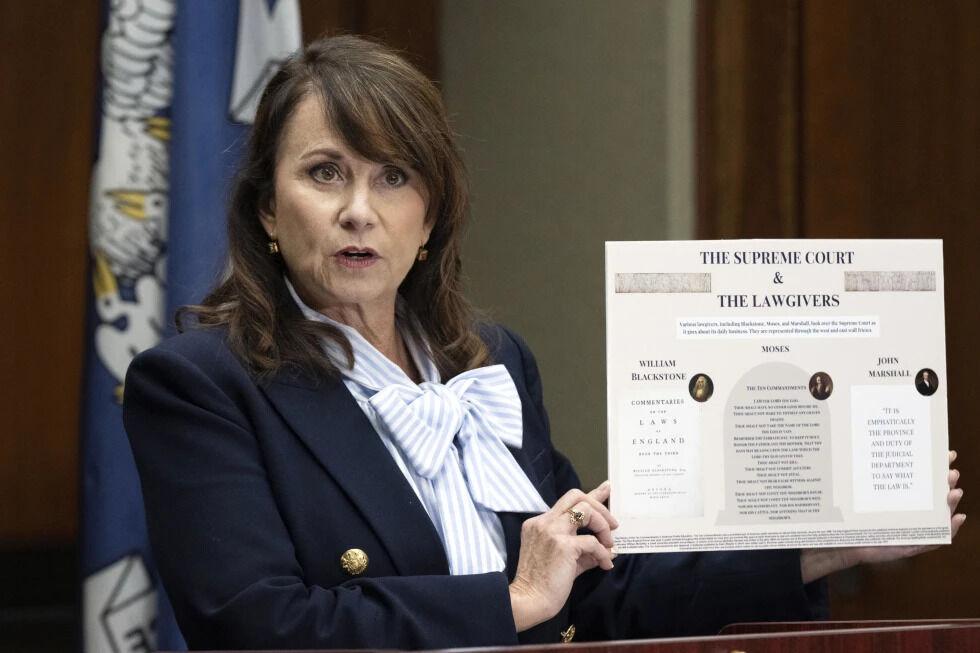Faculty counts losses during funding crisis
A budget shortage in the College of Arts and Sciences has caused faculty to sacrifice some necessities to teaching and research.
Disconnected phone lines, limited copying and the elimination of shipping and long-distance services in various departments are evidence of these cuts.
Deans and department chairs have made these drastic reductions to the only place possible — their operating budgets, which include supplies, faculty travel, copying and long-distance services.
Dean Jane Collins did not want to comment during the day but sent an e mail to The Reveille after press time that said these problems will be addressed in the future.
The Reveille will investigate these issues in future articles.
However, English professor Kevin Cope said he supposes the budget crisis results from a shortage in salary savings.
Each year, the University predicts a certain number of instructors will quit, retire, leave or take a sabbatical from their job.
Even though the University budgets to give the money away, it usually recycles the left-over funds into the college’s operating budget. Now, the College of Arts and Sciences is mandating budget cuts to each department because of insufficient funds that were supposed to come from its salary savings.
“It’s really quite a comical scene,” Cope said. “Some of the faculty are being taxed because the administration spent so much money on the wrong things. It’s obnoxious that the University should proceed this way.”
The English Department required professors wishing to keep a phone line in their office until August to pay $60, which Cope paid. If they do not pay the money, they will lose their phone line. However, Cope said he felt that it was a tax on administrative incompetence.
“If [the University] took some of the money wasted on feel-good programs, they could easily make the budget,” he said.
Cope said “feel-good programs” include the Wellness Center, the Campus-Community Coalition for Change and diversity offices.
“It’s preposterous for a major university to conduct business this way,” he said. “I don’t see how this can actually be enforced over a long period of time. The faculty is being assessed a charge for doing its job.”
Anna Nardo, temporary English department chair, said each department chair in the College of Arts and Sciences is responsible for deciding where to make the budget cuts.
“We’re saving money by cutting off phones to fulfill [the University’s] teaching and research mission,” she said.
Nardo said the English department found out Feb. 5 it needed to make a $17,735 budget cut. She said the only place to cut this money came from the department’s operating budget.
“We’re the biggest department in the University, but this is a collegewide problem,” she said.
The department’s priorities included buying Ethernet cards for freshmen level composition classes and continuing to fund some faculty’s travel costs to academic conferences.
“That meant the cuts have to come from somewhere,” she said.
In the English department, these cuts meant 70 to 80 phones will be on reserve or temporarily disconnected until Sept. 1. Faculty can no longer send long distance faxes or ship items by UPS or FedEx with University money.
Also, instructors will be restricted to sharing 20 telephones with message systems set in hallways at 7:30 a.m. and removed at 4:30 p.m. by student workers.
Cope said Nardo sent a memorandum Monday to faculty that said cuts would begin March 1.
Sarah Liggett, an English professor, said the University has been through budget cuts before for other reasons.
“I think it’s a matter of the University not realizing what we’re going through,” she said. “If you want to do things right, you will pay to work here.”
For example, Liggett teaches an interpreting discourse class. She said she typically makes copies of current newspaper and magazine articles for her class to study.
However, she had to read an article aloud in class Tuesday for discussion.
“The class is not as flexible, but I will pay to teach the class the way I think it needs to be taught,” she said.
She said she will incur, if necessary, out-of-pocket expenses such as copies.
The budget shortage forced other departments, such as Philosophy and Religious Studies, to cut 79 percent of its remaining budget for the semester.
“It’s no secret the University is inadequately funded,” said Edward Henderson, Philosophy and Religious Studies Department chair. “It’s a fact that the operating budget for the College of Arts and Sciences failed to generate the amount of money necessary in salary savings, and this has created a crisis.”
Henderson said his department will not cut telephones but will face restricted copying and supplies until June 30. At that time, the fiscal year ends, and the college will receive a new budget.
Sociology Department Chair Michael Grimes said his approach to cutting the budget was to take some money away from each item in the budget.
“There is less money to do the things we would normally do,” he said. “Teaching and research are being done on a tighter budget. It’s not going to make it any easier to do what we do. It’s going to make it harder.”
Grimes said he does not think many people realize just how tightly the University budgets money. However, he said the problem extends beyond inadequate funds at LSU.
“Higher education in Louisiana is tremendously underfunded, and it’s not getting any better,” he said. “[Budget cuts] happen every year in some form or another. I think the students are the ones who suffer.”
John Pizer, a German professor in the Department of Foreign Languages and Literatures, said this cut is a problem for faculty who are teaching classes.
“It’s so mysterious because it’s only happening to our college,” he said. “It’s upsetting and baffling.”
Pizer said he did not know of any other colleges suffering from a budget shortage.
Diette Courrege
Faculty counts losses during funding crisis
By Diette Courrege
February 27, 2002
More to Discover







